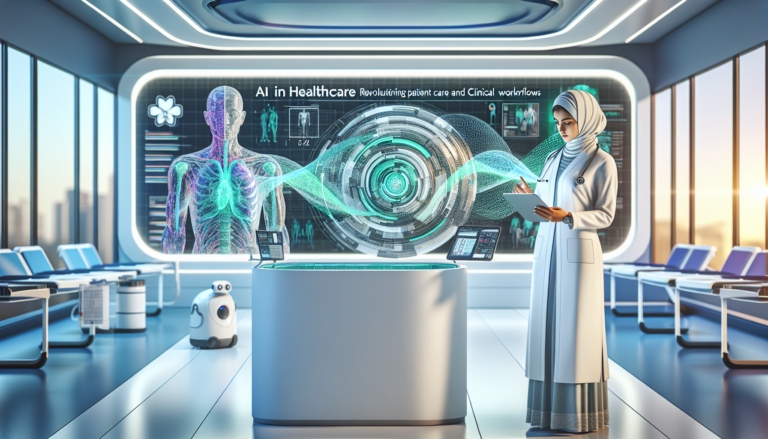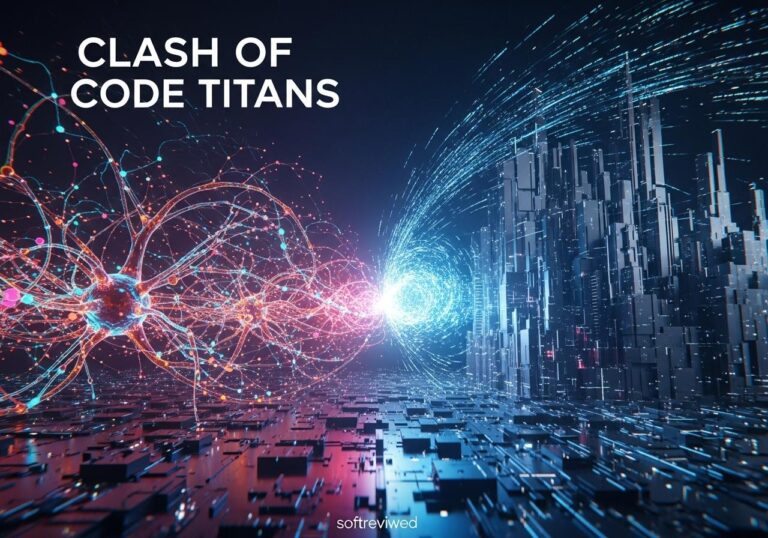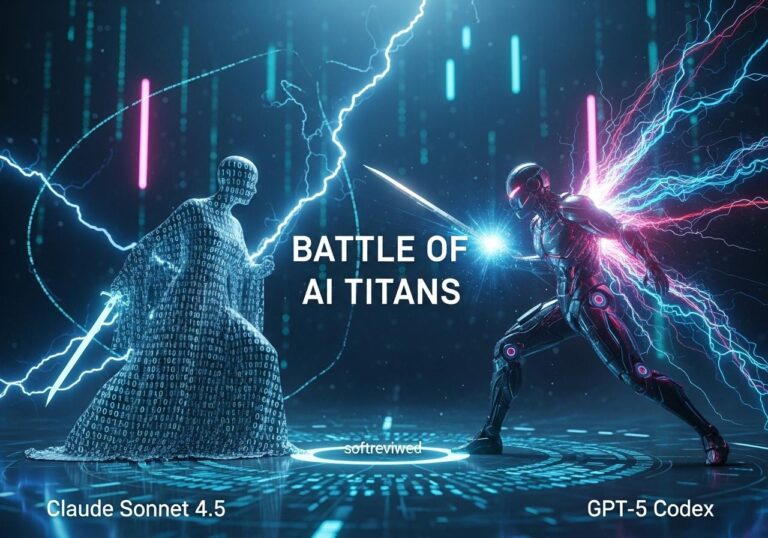AI in Healthcare: Revolutionizing Patient Care
Artificial Intelligence is transforming healthcare, improving diagnostics, treatments, and patient experiences.
Improved Diagnostic Accuracy
AI analyzes big data, medical images, and detects patterns for faster disease diagnosis and treatment.
Precision Surgery
AI enhances real-time decision-making in surgery, guiding surgeons for precise operations.
Streamlined Workflows
AI automates repetitive tasks, freeing up clinicians for patient care and research.
Personalized Patient Experiences
AI generates personalized educational content and support for patient health literacy and engagement.
Enhanced Patient Outcomes
AI improves disease diagnosis, treatment selection, and laboratory testing, leading to better patient outcomes and quality of life.
Are you curious about how artificial intelligence (AI) is transforming the healthcare industry? From enhancing patient care to streamlining clinical workflows, AI is making significant strides in improving medical outcomes and efficiency. In this article, we’ll explore the exciting developments in AI-powered healthcare and their potential impact on patients, healthcare professionals, and the industry as a whole.
The Rise of AI in Healthcare
Artificial intelligence has been making waves in various sectors, but its integration into healthcare has been particularly groundbreaking. While AI in medicine dates back to the 1980s, recent advancements in technology and the availability of large-scale medical data have accelerated its adoption.
Today, healthcare organizations worldwide are embracing AI-based solutions to tackle some of the most pressing challenges in patient care and hospital management. Let’s dive into the key areas where AI is making a significant impact.
Enhancing Patient Diagnosis with AI
One of the most promising applications of AI in healthcare is its ability to improve patient diagnosis. AI algorithms are now capable of analyzing medical imaging and health data with remarkable accuracy, assisting doctors in making more precise diagnoses.
How AI Improves Diagnostic Accuracy
- Image Analysis: AI can quickly process and analyze medical images such as X-rays, MRIs, and CT scans, detecting abnormalities that might be missed by the human eye.
- Pattern Recognition: By analyzing vast amounts of patient data, AI can identify subtle patterns and correlations that may indicate specific health conditions.
- Risk Assessment: AI algorithms can assess a patient’s risk factors and predict the likelihood of developing certain diseases.
The improved diagnostic capabilities of AI have significant implications for patient outcomes. Early and accurate diagnosis can lead to more effective treatment plans, potentially saving lives and reducing healthcare costs.
Streamlining Administrative Tasks

Healthcare professionals often spend a considerable amount of time on administrative tasks, leaving less time for direct patient care. AI-powered solutions are helping to automate many of these tasks, allowing healthcare providers to focus more on their patients.
AI-Driven Administrative Improvements
- Patient Scheduling: AI can optimize appointment scheduling, reducing wait times and improving patient satisfaction.
- Billing and Coding: Automated systems can handle complex medical billing and coding tasks, reducing errors and improving efficiency.
- Medical Record Management: AI can help organize and manage electronic health records, making it easier for healthcare providers to access and update patient information.
By automating these time-consuming tasks, AI is helping to reduce administrative burdens and improve overall healthcare efficiency.
Personalized Medicine: Tailoring Treatment Plans
One of the most exciting developments in AI-powered healthcare is the advancement of personalized medicine. AI is being used to analyze genetic data and develop customized treatment plans tailored to each patient’s specific needs.
Benefits of AI-Driven Personalized Medicine
- Improved Treatment Outcomes: By considering a patient’s genetic makeup and individual characteristics, AI can help identify the most effective treatments.
- Reduced Side Effects: Personalized treatment plans can minimize adverse reactions by avoiding medications that may not be suitable for a particular patient.
- Cost-Effective Care: Tailored treatments can reduce the need for trial-and-error approaches, potentially lowering healthcare costs.
The potential of AI in personalized medicine is vast, with implications for various medical fields, including oncology, neurology, and cardiovascular health.
Predictive Analytics: Anticipating Health Issues
AI’s ability to process and analyze large amounts of data makes it an invaluable tool for predictive analytics in healthcare. By identifying early signs of medical conditions and predicting patient outcomes, AI is enabling healthcare professionals to take proactive measures.
Applications of AI in Predictive Healthcare
- Early Disease Detection: AI algorithms can identify subtle indicators of diseases before they become apparent through traditional diagnostic methods.
- Hospital Readmission Prediction: By analyzing patient data, AI can predict the likelihood of hospital readmissions, allowing for preventive interventions.
- Epidemic Forecasting: AI models can analyze population health data to predict and prepare for potential disease outbreaks.
The use of predictive analytics in healthcare has the potential to significantly improve patient outcomes and reduce healthcare costs by enabling early interventions and preventive care.
Enhancing Patient Communication
Effective communication between healthcare providers and patients is crucial for successful treatment outcomes. AI-powered tools are now being used to improve patient engagement and adherence to treatment plans.
AI-Driven Communication Tools
- Chatbots and Virtual Assistants: These AI-powered tools can provide patients with immediate answers to common questions, schedule appointments, and offer medication reminders.
- Personalized Health Information: AI can analyze a patient’s health data to provide tailored health information and recommendations.
- Language Translation: AI-powered translation tools can help overcome language barriers in healthcare settings, ensuring clear communication between patients and providers.
By enhancing communication, AI is helping to improve patient satisfaction, treatment adherence, and overall health outcomes.
The Impact of AI on Healthcare: By the Numbers
The integration of AI into healthcare is not just a futuristic concept – it’s already making a significant impact. Let’s look at some key statistics that highlight the growing importance of AI in the healthcare sector:
| Statistic | Value | Source |
|---|---|---|
| Healthcare professionals believing AI will significantly improve healthcare outcomes in the next two years | 60% | Accenture |
| Potential reduction in healthcare costs due to AI | Up to 50% | Accenture |
| Projected value of global AI in healthcare market by 2025 | $28.5 billion | MarketsandMarkets |
| Compound Annual Growth Rate (CAGR) of AI in healthcare market | 44.6% | MarketsandMarkets |
These numbers underscore the growing confidence in AI’s potential to transform healthcare delivery and outcomes.
Challenges and Considerations
While the potential benefits of AI in healthcare are significant, there are also important challenges and considerations to address:
Data Security and Patient Privacy
The use of AI in healthcare involves processing large amounts of sensitive patient data. Ensuring the security and privacy of this information is paramount. Healthcare organizations must implement robust data protection measures and comply with regulations such as HIPAA in the United States.
Ethical Concerns and AI Bias
There are concerns about potential biases in AI algorithms, which could lead to unfair or discriminatory healthcare outcomes. It’s crucial to develop AI systems that are transparent, explainable, and free from bias.
Integration with Existing Systems
Implementing AI solutions in healthcare often requires integration with existing IT systems and workflows. This can be a complex and time-consuming process, requiring careful planning and execution.
Regulatory Compliance
As AI becomes more prevalent in healthcare, regulatory bodies will need to develop and enforce guidelines for its use. Healthcare organizations must stay informed about evolving regulations and ensure compliance.
The Future of AI in Healthcare
As AI technology continues to advance, its role in healthcare is likely to expand. Here are some potential future developments:
- AI-Powered Wearables: Integration of AI with wearable devices could enable continuous health monitoring and early disease detection.
- Virtual Health Assistants: Advanced AI assistants could provide personalized health advice and support to patients 24/7.
- Drug Discovery: AI could accelerate the drug discovery process by analyzing vast amounts of research data and predicting potential drug candidates.
- Robotic Surgery: AI-powered surgical robots could enhance precision and reduce recovery times for patients.
Expert Opinions on AI in Healthcare
Leading experts in the field are optimistic about the potential of AI in healthcare. Dr. Eric Topol, a renowned cardiologist and digital medicine researcher, states:
“AI has the potential to restore the care in healthcare, giving clinicians more time to connect with their patients as human beings and building more empathy in the process.”
Similarly, Dr. Fei-Fei Li, Co-Director of Stanford University’s Human-Centered AI Institute, emphasizes the transformative potential of AI:
“AI is poised to make transformative and disruptive advances in health care, turning enormous amounts of data into actionable knowledge to help improve human health.”
Preparing for an AI-Driven Healthcare Future
As AI continues to reshape the healthcare landscape, it’s essential for healthcare professionals, organizations, and patients to prepare for this new era. Here are some steps to consider:
- Education and Training: Healthcare professionals should take advantage of opportunities to learn about AI and its applications in healthcare.
- Investment in Infrastructure: Healthcare organizations need to invest in the necessary technology infrastructure to support AI implementation.
- Collaboration: Partnerships between healthcare providers, technology companies, and research institutions can drive innovation in AI-powered healthcare solutions.
- Patient Education: Educating patients about the benefits and limitations of AI in healthcare can help build trust and acceptance.
Conclusion
The integration of AI into healthcare represents a significant leap forward in our ability to provide efficient, personalized, and effective medical care. From enhancing diagnostic accuracy to streamlining administrative tasks and enabling personalized treatment plans, AI is transforming every aspect of healthcare delivery.
While challenges remain, particularly in the areas of data security, ethics, and regulatory compliance, the potential benefits of AI in healthcare are too significant to ignore. As we move forward, it’s crucial for all stakeholders in the healthcare ecosystem to embrace these technologies responsibly and work together to harness their full potential.
The future of healthcare is here, and it’s powered by artificial intelligence. Are you ready to be part of this exciting transformation?
Further Reading
For those interested in diving deeper into the topic of AI in healthcare, here are some recommended resources:
- Nature Medicine: Artificial intelligence in healthcare
- Journal of Personalized Medicine: Precision Medicine: The Future of Healthcare
- World Health Organization: Artificial Intelligence in Health
By staying informed and engaged with these developments, we can all play a part in shaping the future of healthcare.
AI Impact on Healthcare: Estimated Timeline
This chart shows the estimated timeline for AI adoption in various healthcare areas. Hover over data points for more information.







